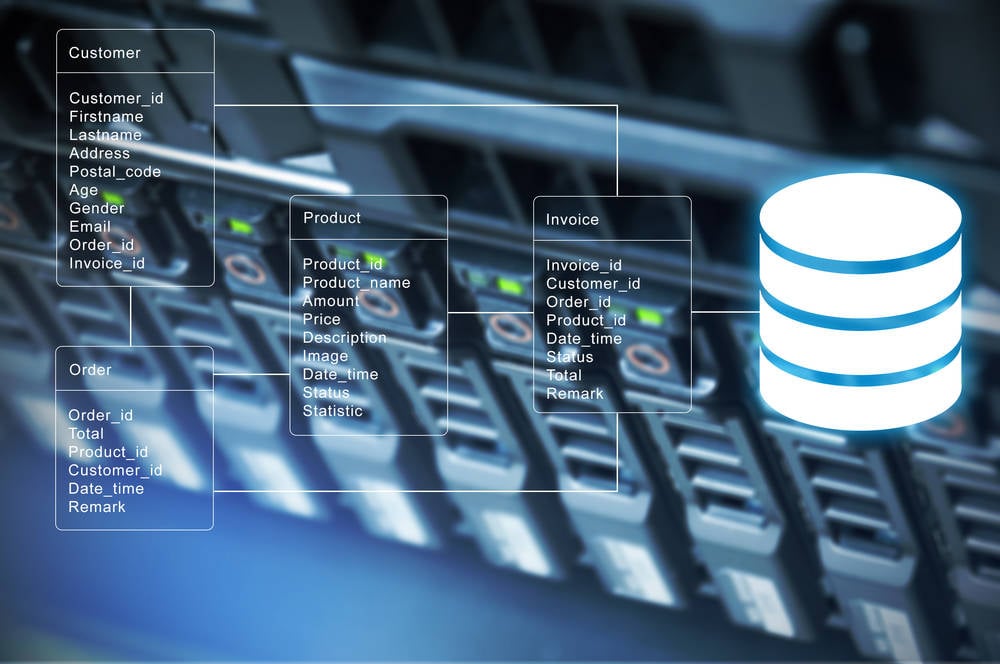For developers, there is no debate. The future of the database is open source. A glance at the 2022 Stack Overflow survey of around 70,000 code-wranglers shows nearly all pros use one of the two leading open source RDBMSes, PostgreSQL (46.5 percent) or MySQL (45.7 percent), although they use other systems as well.
A longish but interesting article looking at how open "open source" is with different databases, and why. Databases are critical to businesses, no matter whether they run standalone or in a cloud environment. One question that comes up is, if I were to migrate away from someone's service or a specific database, do I have to rewrite my application system? This determines how hard a vendor lock in may be.
Also, if I use a free and open source database and want to scale it up massively later on, or charge to provide a service using it, what are the implications?
It's clear that developers, or those choosing a service provider, should consider these questions as it is not always just about the language that an application system is written in, that counts. An application, or service, is often nothing without its database.
See
Why open source databases have achieved dominance#
technology #
opensource #
databases #
scaling #
licensing 
We trawled through the licensing terms and spoke to the vendors so you don't have to
